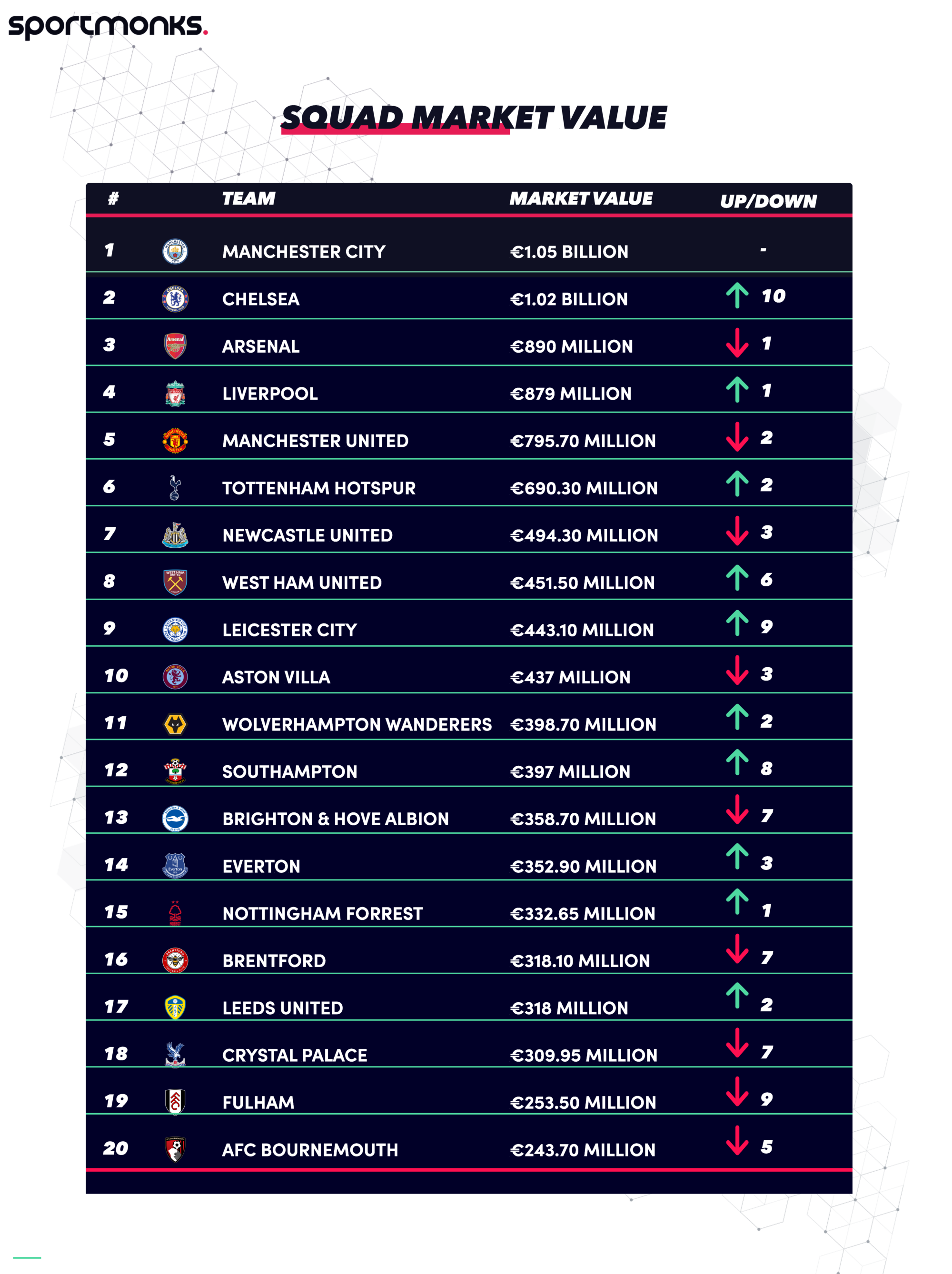
Contents
The Super Lig’s story
Football in Turkey began in the late 19th century, influenced by English people living in the country. The first organised league was the Istanbul Football League, starting in the 1904-05 season. Soon, other regional leagues appeared, and the first national competition, called the Turkish Football Championship, began in 1924 as a knockout tournament.
Professional football started in 1952, and soon after, the Federation Cup ran from 1956 to 1958, with Beşiktaş winning both times. However, Beşiktaş missed the 1957-58 European Cup due to registration problems.
The modern Süper Lig was created on 21 February 1959, originally named Millî Lig. In its first season, there were 16 clubs, with Fenerbahçe becoming champions and Metin Oktay finishing as top scorer. The league changed its name to Süper Lig in the 2001-02 season. Today, it includes teams from around 12 to 13 cities, with Istanbul hosting almost half a dozen clubs.
Historically, three clubs—Galatasaray, Fenerbahçe, and Beşiktaş—known as the “Big Three,” have dominated the league and never missed a season since 1959. They have millions of fans and strong support from political figures and businesses. In the late 1970s and early 1980s, Trabzonspor challenged their dominance by winning six titles in ten years. More recently, Bursaspor’s title win in 2010 and İstanbul Başakşehir’s victory in 2019 have shown the league’s growing competitiveness outside Istanbul.
League structure
League Structure The Süper Lig is organised by the Turkish Football Federation (TFF) and currently has 19 teams (as of the 2024-2025 season). The season takes place from August to May, with each team playing every other team twice, once at home and once away. Teams earn 3 points for a win, 1 point for a draw, and no points for a loss. Rankings are decided by points, then by head-to-head results, goal difference, and goals scored if teams are tied.
At the end of the season:
– The team 1st on the league standings enters the Champions League group stage, and the second-place team enters the Champions League qualifiers.
– The third-place team qualifies for the UEFA Europa League qualifiers.
– The winner of the Turkish Cup qualifies for the UEFA Conference League qualifiers, unless they have already qualified through their league position.
– The bottom four teams move down to the TFF First League, while four teams from that league are promoted to the Süper Lig.
– The league has varied in size from 16 teams in 1959 to as many as 20 teams in recent years.
Key teams and stats
A total of 75 different clubs have played in the Süper Lig, but only six have won the championship:
– Galatasaray: 24 titles, most recently in 2023-24.
– Fenerbahçe: 19 titles.
– Beşiktaş: 16 titles, including Federation Cup wins in 1956-57 and 1957-58.
– Trabzonspor: 7 titles, notable for breaking Istanbul dominance.
– İstanbul Başakşehir: 1 title (2019).
– Bursaspor: 1 title (2010).
Statistical records include Umut Bulut with the most appearances (515, from 1999-2011 and 2012-2021) and Hakan Şükür as the all-time top scorer with 249 goals in 489 appearances.
Transfers that shook the league
The arrival of star players
The Turkish Süper Lig has consistently attracted famous footballers whose transfers have boosted the league’s competitiveness and global appeal. Recent examples include Victor Osimhen, who joined Galatasaray on loan from Napoli for €6 million until January 2026, and Álvaro Morata, who transferred to Galatasaray from AC Milan. These signings highlight the league’s increasing popularity with international stars, enhancing excitement and fan involvement.
Historically, some transfers have notably changed the league. Gheorghe Hagi’s move to Galatasaray in 1996 stands out, as his skill and leadership helped the club secure multiple championships. Nicolas Anelka, Roberto Carlos, and Wesley Sneijder also had significant impacts. Sneijder joined Galatasaray in 2013 for €7.5 million and immediately won the league title, later helping the club win the Turkish Super Cup in 2014, scoring eight league goals and achieving a domestic double in the 2014-15 season.
Other important foreign players include Mario Gomez, who became Beşiktaş’s top foreign scorer; Samuel Eto’o, who provided leadership and versatility at Antalyaspor; and Alex de Souza, who scored 172 goals in 344 appearances for Fenerbahçe from 2004 to 2012, becoming a club legend. These transfers raised the league’s profile but also created financial pressures due to high transfer costs.
The impact of notable managers
Influential Managers Managers have played a key role in developing the Süper Lig, introducing new strategies and raising playing standards. Fatih Terim is particularly notable, winning four league championships consecutively and achieving European success by winning the UEFA Cup in 1999-2000. His focus on discipline and teamwork has left a lasting legacy.
Şenol Güneş, who won two league titles with Beşiktaş, is praised for his careful preparation and strong player management, guiding his team through highly competitive seasons. Mircea Lucescu, a successful foreign manager, won titles with Galatasaray and Beşiktaş, bringing modern tactics to Turkish football. His achievements in Turkey are part of a wider successful career, having won 38 trophies worldwide and receiving multiple Coach of the Year awards in Romania and Ukraine.
Other significant managers include Abdullah Avcı, who led Trabzonspor to their first league title in 36 years in 2019-2020, breaking Istanbul teams’ dominance, and Aykut Kocaman, who guided Fenerbahçe to several titles. These managers have improved the league’s tactical quality and demonstrated its capacity for surprises and depth.
Problems the Super Lig faces
Bad behavior
Fan Behaviour The Turkish Süper Lig has ongoing problems with racism and fan violence, negatively impacting its reputation. A recent incident involved Fenerbahçe manager Jose Mourinho, accused by Galatasaray of making racist remarks after a derby match in February 2025. Galatasaray called his comments “inhumane rhetoric,” though Mourinho strongly denied the allegations. Fenerbahçe rejected the claims, and former player Didier Drogba defended Mourinho, saying his past proves he is not racist. This event shows how sensitive the league is to such issues.
Fan violence is another major concern. In March 2024, after a Trabzonspor versus Fenerbahçe match, fans invaded the pitch following a 3-2 loss. Violent incidents included a fan threatening a player with a corner flag and goalkeeper Dominik Livakovic being punched. FIFA president Gianni Infantino described the violence as “absolutely unacceptable.” Past incidents have included attacks on referees, like a 2016 event where a Trabzonspor fan attacked an assistant referee, and shootings at team buses, revealing serious underlying problems. Critics argue the Turkish Football Federation (TFF) hasn’t done enough, contributing to declining attendances due to violence and match-fixing scandals.
Referee and league troubles
Referee and League Issues Referee controversies have frequently troubled the Süper Lig, often leading to intense debates and even legal actions. A major incident in December 2023 saw MKE Ankaragücü president Faruk Koca punch referee Halil Umut Meler after a match, resulting in Koca’s arrest and a league suspension, which the TFF described as a “night of shame.” Meler received treatment for his injuries, and the TFF promised severe punishments. Another incident occurred in October 2024 when Adana Demirspor walked off the pitch in protest against a penalty awarded to Galatasaray, causing chairman Bedirhan Durak to resign. Clubs have regularly questioned referee decisions and appointments, like Beşiktaş criticising Meler’s appointment in 2021, showing a lack of trust in league fairness. Such issues damage the league’s reputation and fairness.
Money problems
Financial Issues Financial instability is a major problem for Süper Lig clubs. In 2018, total debts of all clubs were over €2.3 billion, with the “big four” (Fenerbahçe, Galatasaray, Beşiktaş, and Trabzonspor) particularly affected. By March 2025, debts owed to banks reached €729 million, and club equity fell sharply to -€766 million—the worst in Europe according to UEFA’s 2023-2024 report. Clubs struggle with high spending on player salaries, using about 88% of revenue on wages, significantly above UEFA’s recommended limit of 70%. Player salaries alone amounted to €405 million, causing clubs to rely heavily on external funding and creating risks for long-term stability. Attempts to address debts through restructuring plans, such as the 2019 initiative by Turkish banks, and enforcement of Financial Fair Play (FFP) rules, have had limited success. Financial difficulties continue to affect the competitiveness of the league and its ability to attract high-quality players.
The Super Lig’s big nights
The Turkish Süper Lig has created many memorable moments in European football, demonstrating its clubs’ ability to compete with top European sides. Galatasaray’s UEFA Cup win in 2000 is a major highlight, achieved by defeating Arsenal in the final. This victory significantly raised Turkish football’s international profile and was celebrated throughout Turkey. Another important moment came when Fenerbahçe reached the quarter-finals of the UEFA Champions League in the 2007-2008 season, becoming the first Turkish club to achieve this milestone, greatly increasing fan pride and enthusiasm.
Other clubs such as Beşiktaş and Trabzonspor have also had notable performances in the Europa League and Europa Conference League, occasionally securing wins against stronger European opponents. These successes are essential for the league’s reputation and play a key role in determining Turkey’s UEFA coefficient ranking, which currently stands 10th in Europe, based on performances from the past five years.
This ranking influences how many Turkish clubs can qualify for competitions such as the Champions League and Europa League. Recently, Galatasaray and Fenerbahçe have represented Turkey in European tournaments. These “big nights” in European football provide Turkish players valuable experience against high-quality opposition, boosting the league’s reputation internationally and helping it continue to grow.
How football matters in Turkey
In Turkey, football is more than just a sport—it is an important part of everyday life. Conversations in cafés, workplaces, and homes often focus on recent matches or transfer news. Football helps people connect with each other.
Supporting a team is frequently a family tradition passed down through generations. Matchdays are social occasions that unite people from various backgrounds. However, football can also cause divisions. Strong rivalries, especially between Istanbul’s major clubs, can sometimes lead to arguments and even violence.
Football also reflects Turkish society as a whole. Successes in European competitions are celebrated as national achievements, while failures spark debates about the state of Turkish football and how it is managed. The popularity of the sport makes it a powerful way for people to express opinions and emotions. Whether bringing people together or creating debate, football is deeply influential in Turkish social life.
What’s next for Turkish football?
The Süper Lig is taking several steps to improve its future. One important focus is on developing young players. Clubs are investing more in their youth academies to produce local talent, reducing reliance on costly foreign transfers and strengthening the national team.
Improving infrastructure is another priority. New stadiums have been built, and there are ongoing efforts to upgrade existing facilities. These improvements enhance the fan experience and help attract more supporters.
Financial stability is becoming increasingly important. Clubs are working to manage their debts better and follow Financial Fair Play rules by being careful with spending and seeking new sources of income.
Digital innovation is also a growing area. Clubs and the league use social media and online platforms to engage fans and reach wider audiences. This includes providing streaming services and interactive online content.
Lastly, there is an effort to boost the league’s international profile. The Süper Lig is being marketed more broadly to attract international viewers and sponsors. The aim is to increase competitiveness and financial sustainability in the long term.
Dive into Süper Lig stats like never before. Access player and team data with Sportmonks’ API by signing up today.
Get started with the Sportmonks football API today!
Passionate about the Turkish Süper Lig and its thrilling rivalries? With the Sportmonks Football API, you can bring the excitement of Turkey’s top football league to your applications. Access real-time data on fixtures, live scores, player stats, and more for all 19 Süper Lig clubs, including giants like Galatasaray, Fenerbahçe, and Beşiktaş. Whether you’re building a livescore app, a fan platform, or a fantasy football tool, our API provides comprehensive, easy-to-use data to engage your audience. Sign up for a free trial today and start creating innovative solutions powered by the heart of Turkish football!



